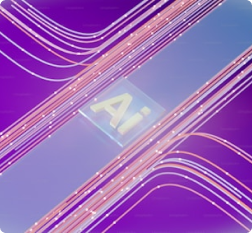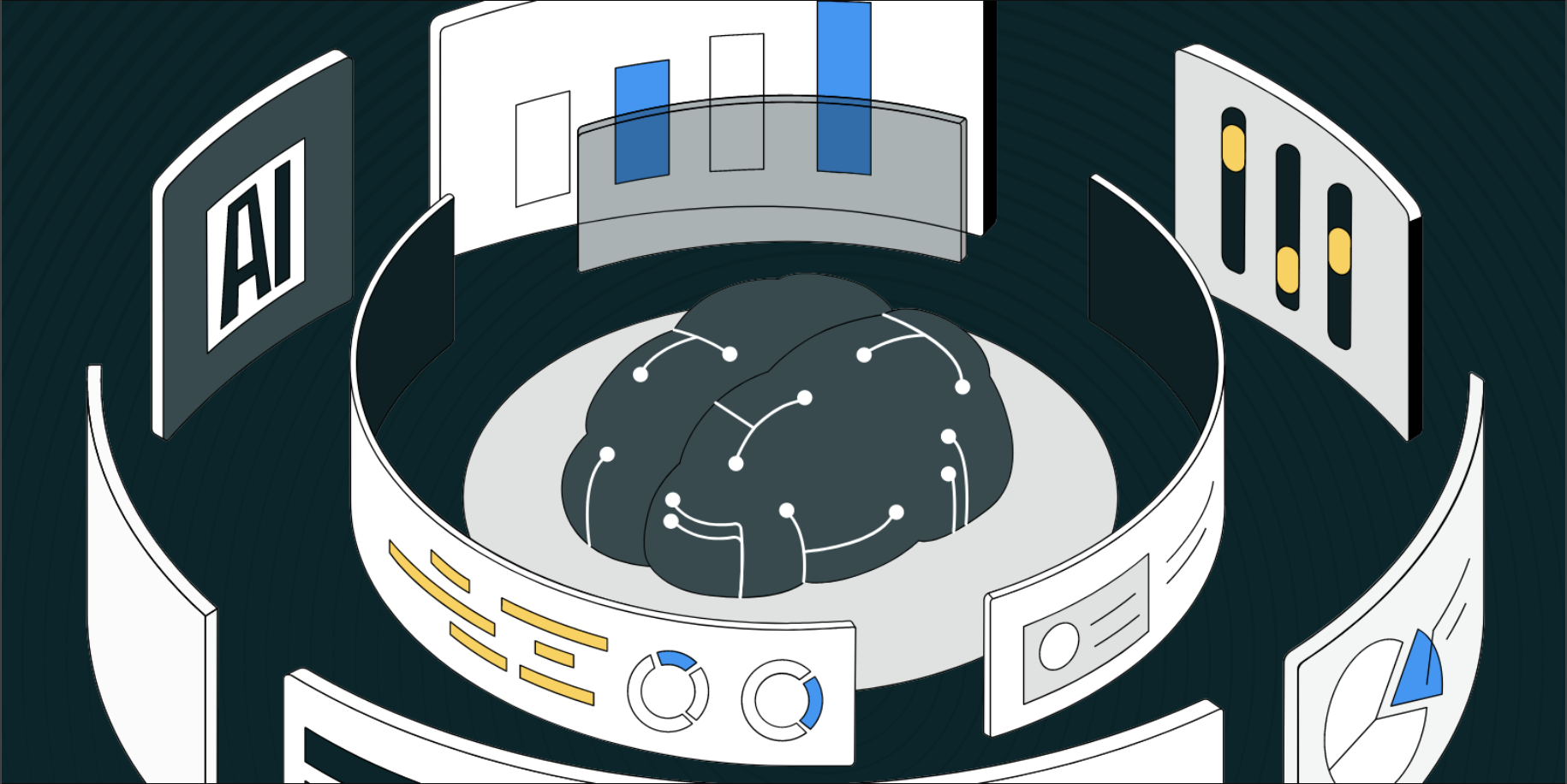- Publication: Microsoft https://aka.ms/nfw2023
- Publication Date: 2023
- Organizations mentioned: GitHub, Boston Consulting Group (BCG), LinkedIn,OpenAI
- Publication Authors: Butler, J., Jaffe, S., Baym, N., Czerwinski, M., Iqbal, S., Nowak, K., Rintel, R., Sellen, A., Vorvoreanu, M., Hecht, B., and Teevan, J. (Eds.). Microsoft New Future of Work Report 2023. Microsoft Research Tech Report MSRTR-2023-34 (https://aka.ms/nfw2023), 2023.
TLDR
Microsoft’s New Future of Work Report 2023 provides a comprehensive overview of the impact of generative AI, particularly large language models (LLMs), on work practices and the future of work. The report synthesizes research from Microsoft and around the world, focusing on areas that deserve additional attention or where Microsoft’s research offers unique perspectives.
Key findings include:
- LLMs can substantially improve productivity on common information work tasks, with the least experienced workers benefiting the most.
- LLMs can help break down complex tasks and support critical thinking, but effective collaboration depends on how we prompt, complement, rely on, and audit them.
- LLMs are changing the nature and distribution of knowledge in organizations, potentially eliminating knowledge silos.
- The impact of LLMs on jobs will likely be significant, with most jobs having at least some tasks affected, but the ultimate effects depend on how the technology is adopted and the degree of innovation it enables.
The report also highlights the importance of considering the sociotechnical aspects of AI adoption, as well as the need for a human-centered approach to AI collaboration. It emphasizes the role of innovation in job creation and the importance of leading like a scientist during this time of significant change.
As generative AI continues to evolve, the report calls for a proactive approach in shaping the future of work, focusing on creating an equitable, inclusive, meaningful, and productive environment. The New Future of Work initiative at Microsoft aims to contribute to this goal by conducting primary research, synthesizing existing research, and sharing resources with the research community.
Methodology:
- The study employs a combination of lab experiments, field studies, and theoretical analysis to explore the integration and impact of LLMs in various professional contexts.
- It includes comparative analyses between traditional work methods and those augmented by LLMs, assessing productivity, efficiency, and skill development.
- The report also reviews case studies and surveys to understand the broader implications of AI on workforce dynamics and organizational strategies.
Key Findings:
- LLMs significantly boost productivity in information work, reducing task completion times by up to 37% and improving output quality in specific scenarios.
- LLMs foster critical thinking, shifting work dynamics from creation and searching to integrating and analyzing information, enhancing decision-making processes.
- AI’s role in team collaboration and communication is notable, with tools like Microsoft’s Copilot improving real-time interactions and aiding in workflow planning.
- Knowledge management is evolving from document-centric to dialogue-centric approaches, with AI playing a key role in addressing knowledge fragmentation in organizations.
- The report highlights the digital divide in AI adoption and its potential impact on jobs, underscoring the need for innovation and proactive leadership in shaping the future of work.
Recommendations:
- Organizations should invest in AI literacy and training, focusing on developing skills for effective AI collaboration and critical integration of AI outputs.
- Adaptation of AI tools should be approached cautiously, with attention to mitigating risks like overreliance and ensuring effective human-AI collaboration.
- There is a need for more research and development in areas like prompt engineering and co-audit tools to enhance the effectiveness and reliability of AI interactions.
- The report suggests a balanced approach in integrating AI into work, considering both technological capabilities and human-centric factors.
- Emphasis is placed on ethical considerations and the equitable deployment of AI technologies to avoid exacerbating social and economic divides.
Thinking critically
Implications:
- Adoption of AI might lead to a paradigm shift in employee roles, with an increased focus on managing and interpreting AI-generated data. This could reshape job descriptions and require a fundamental shift in workforce training and development strategies.
- The widespread implementation of AI in well-resourced organizations could exacerbate economic disparities, potentially creating a gap between AI-enabled businesses and those without such resources, impacting market competition and workforce dynamics.
- AI’s integration into the workplace raises significant ethical and social concerns, including privacy issues, decision-making biases, and the potential for decreased human interaction, which might affect workplace culture and societal norms.
Alternative Perspectives:
- The methodology, primarily based on comparative and lab-based studies, might not fully capture real-world complexities.
- The report might overestimate AI’s current capabilities, leading to unrealistic expectations.
- The report’s focus on productivity enhancement could overlook potential economic and social issues, such as job displacement and the ethical implications of AI deployment.
AI Predictions:
- AI will become more integrated into collaboration tools, enhancing real-time communication and project management in the workplace.
- There will be a shift in the skills required in the workforce, with an increased emphasis on AI literacy and complementary skills.
- As AI becomes more prevalent in the workplace, there will likely be an increase in ethical discussions and regulatory frameworks guiding its use.
Glossary
- Large Language Models (LLMs): Advanced AI algorithms capable of understanding and generating human-like text, used for enhancing productivity and decision-making in various professional contexts.
- AI Literacy: The skill set required to effectively understand, interact with, and leverage AI tools in a professional setting.
- Prompt Engineering: The process of designing and refining inputs (prompts) to elicit the most effective and accurate responses from AI systems.
- Co-audit Tools: Tools designed for joint human-AI auditing of AI-generated content or decisions, ensuring accuracy and ethical compliance.
- Metacognition: The awareness and understanding of one’s own thought processes, emphasized in the context of interacting with AI systems.
- Microproductivity: A concept highlighting the breakdown of work tasks into smaller, more manageable activities, often enhanced through AI tools.
- Knowledge Fragmentation: Refers to the scattering or compartmentalization of information across different platforms or formats, a challenge that AI seeks to address in the workplace.






 Join hosts Anthony, Shane, and Francesca for essential insights on AI's impact on jobs, careers, and business. Stay ahead of the curve – listen now!
Join hosts Anthony, Shane, and Francesca for essential insights on AI's impact on jobs, careers, and business. Stay ahead of the curve – listen now!
 Jumpstart your AI journey in our hands-on workshop designed for beginners. Learn to harness the power of ChatGPT and practical AI applications with ease!
Jumpstart your AI journey in our hands-on workshop designed for beginners. Learn to harness the power of ChatGPT and practical AI applications with ease!


